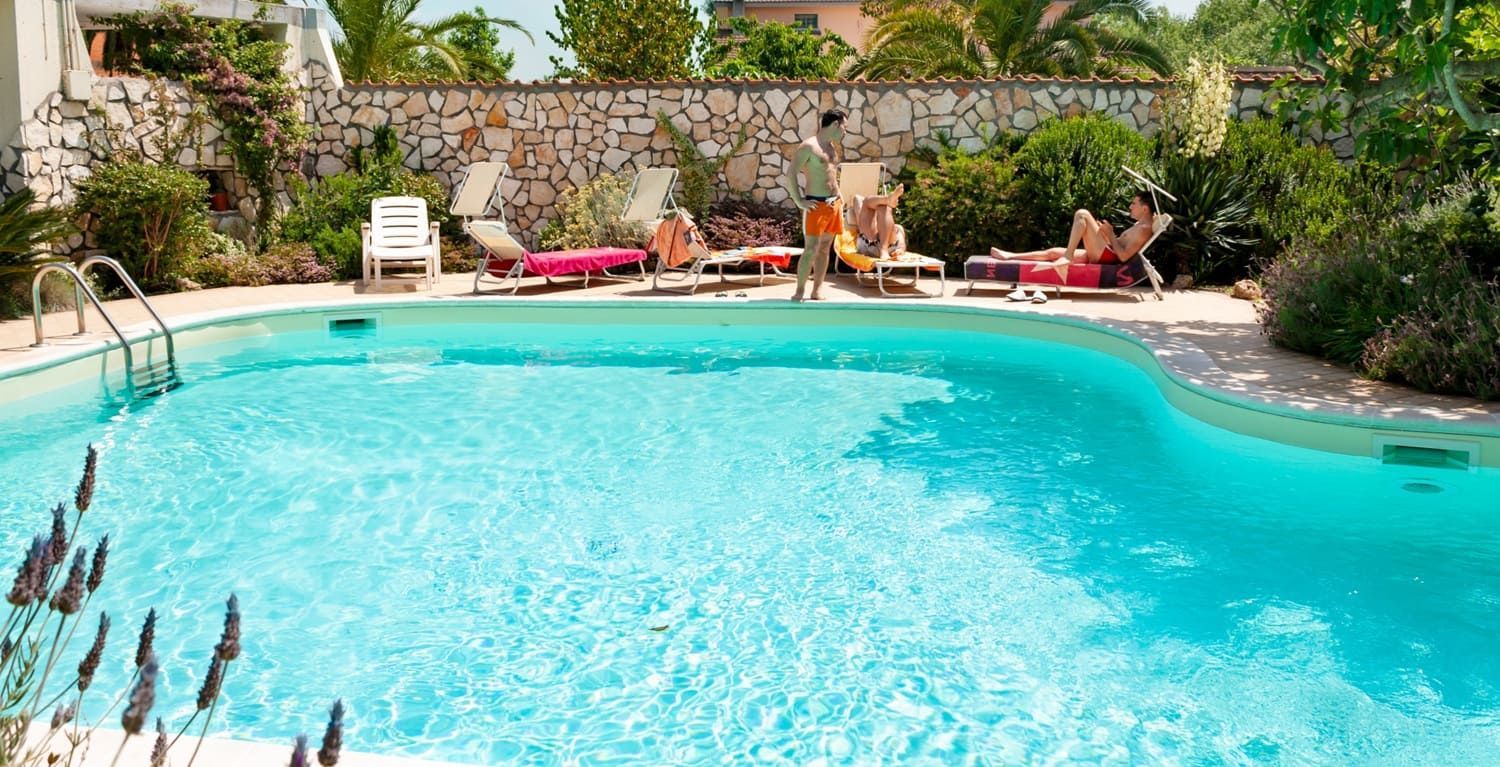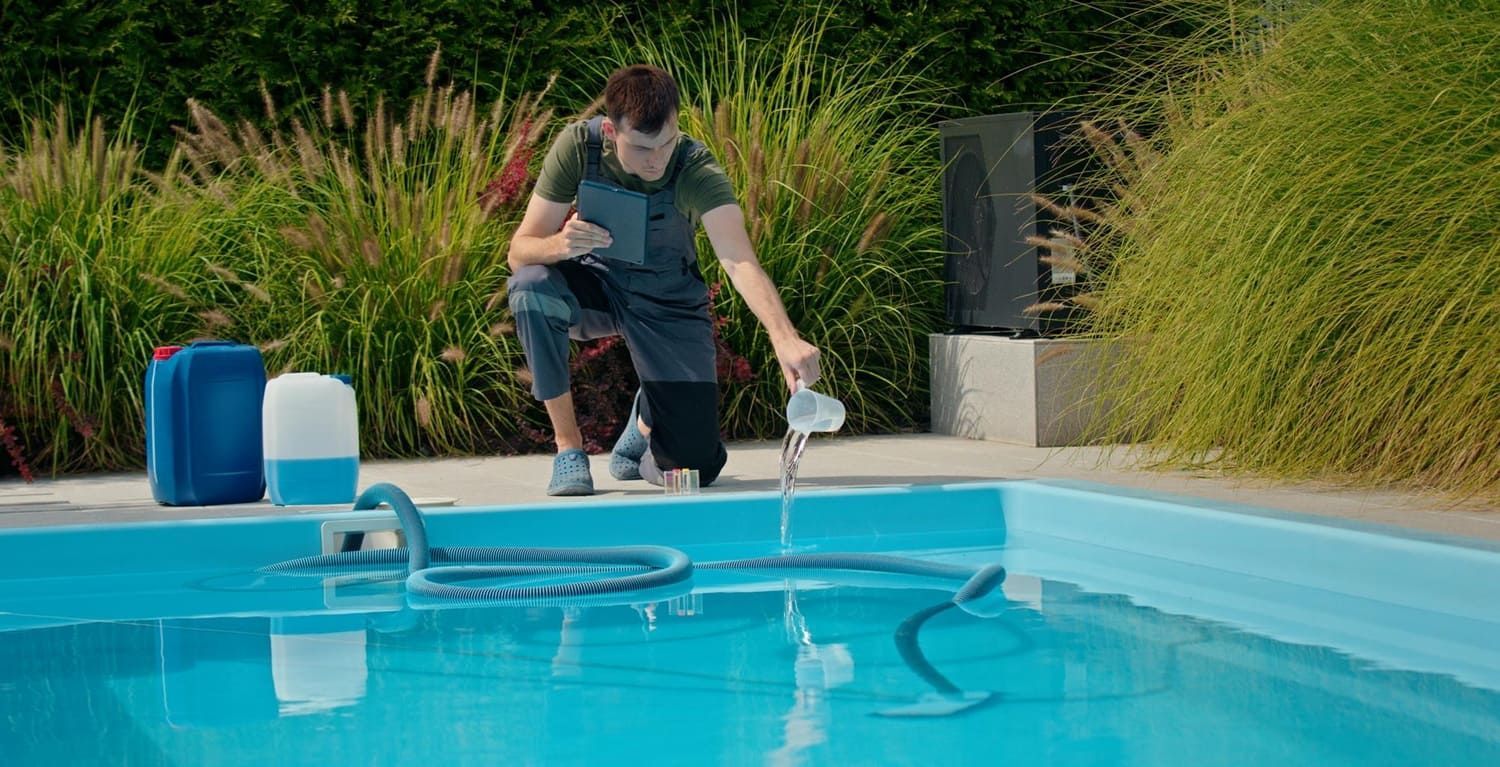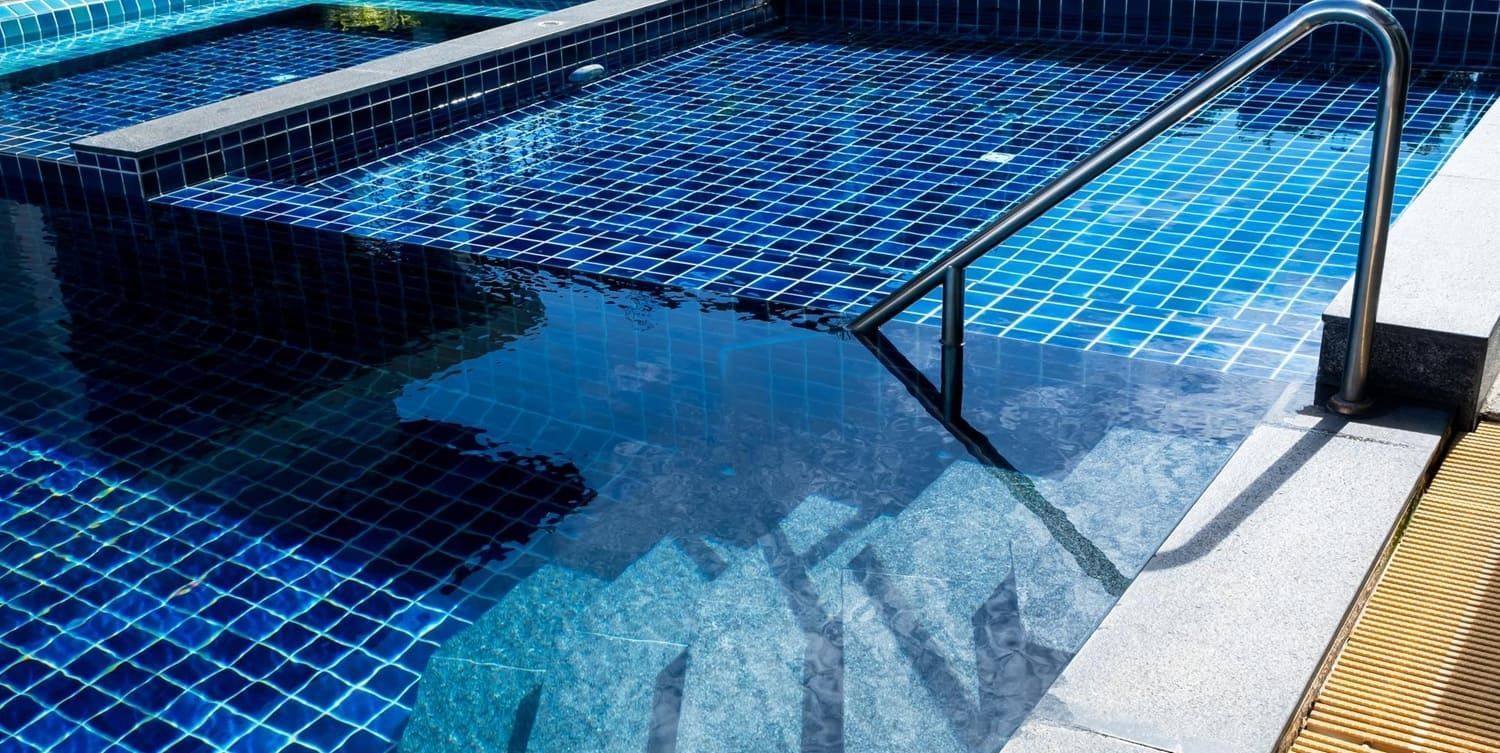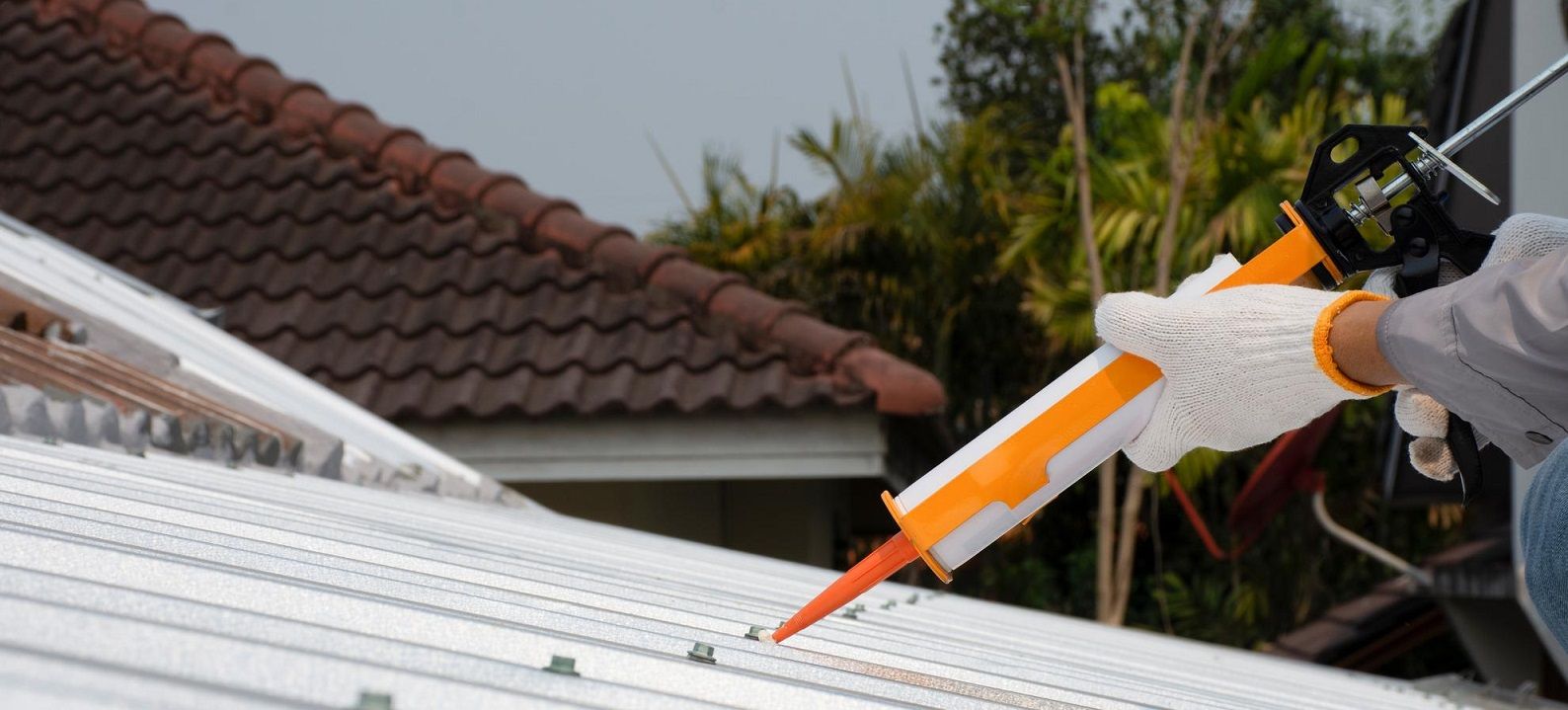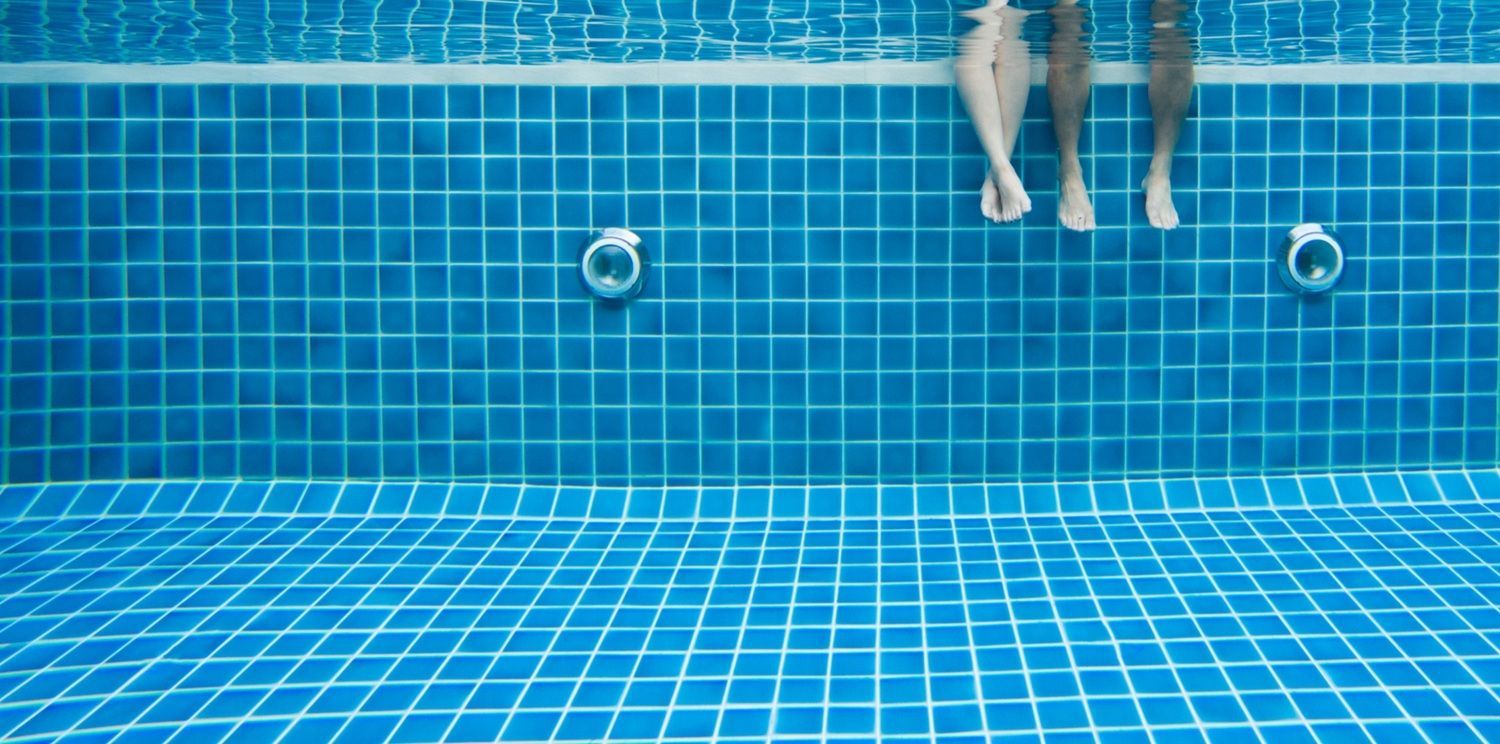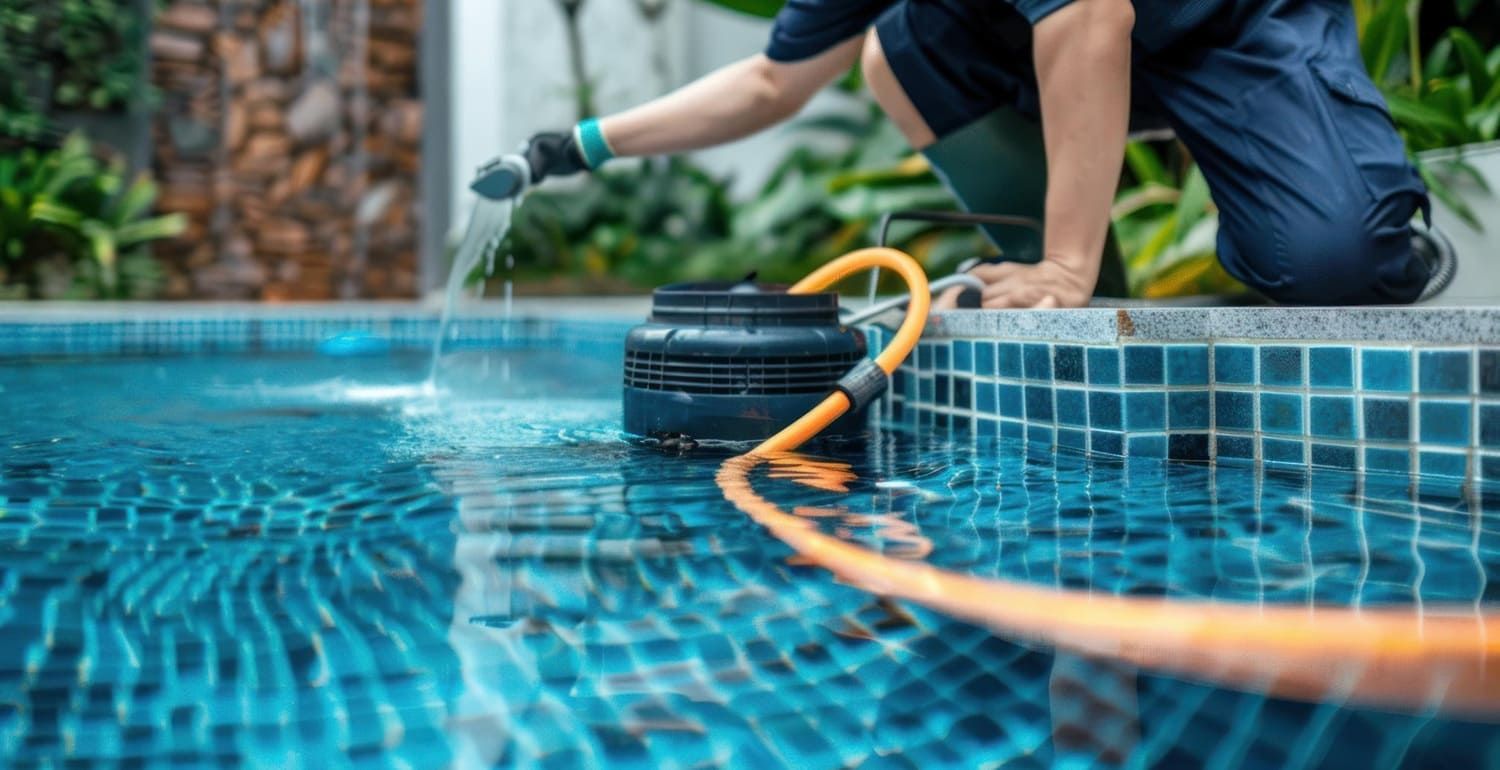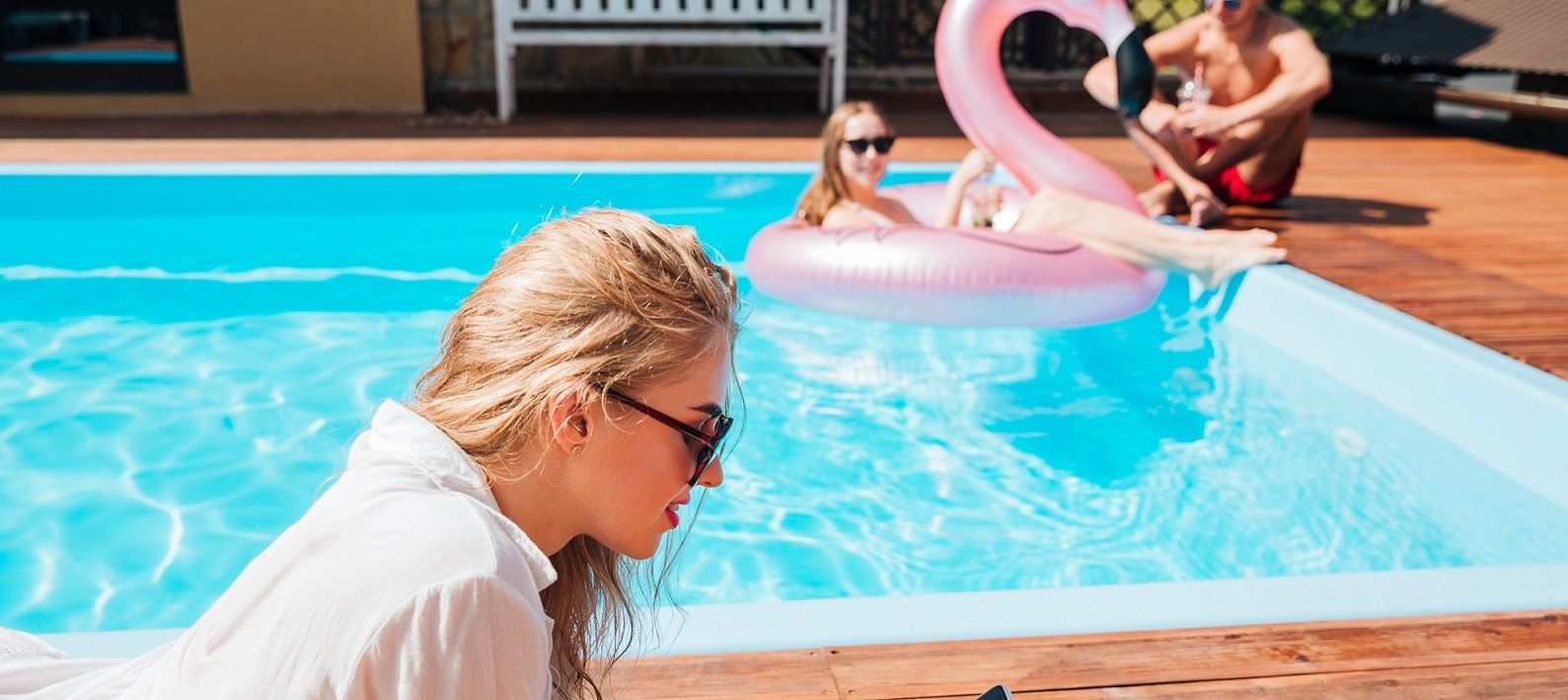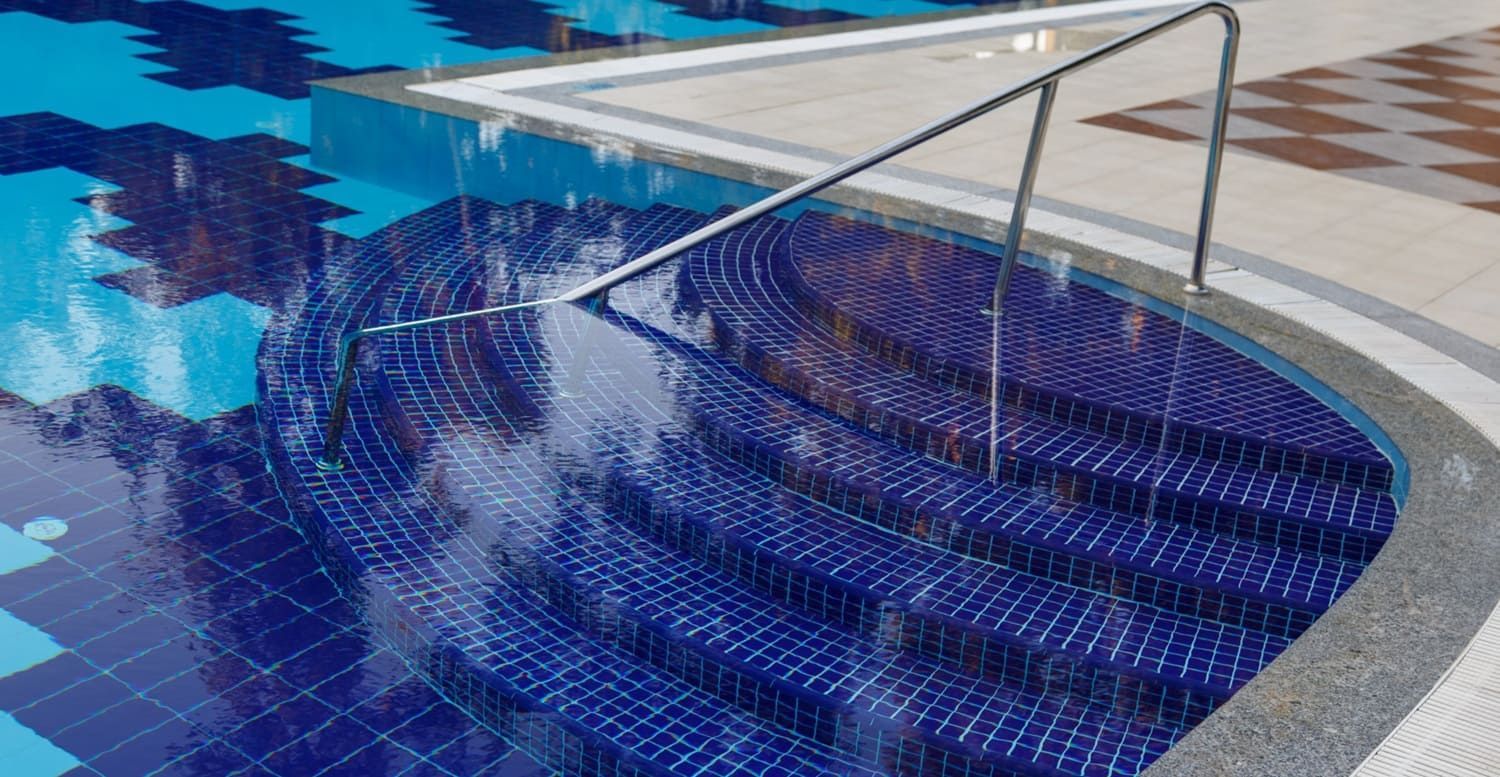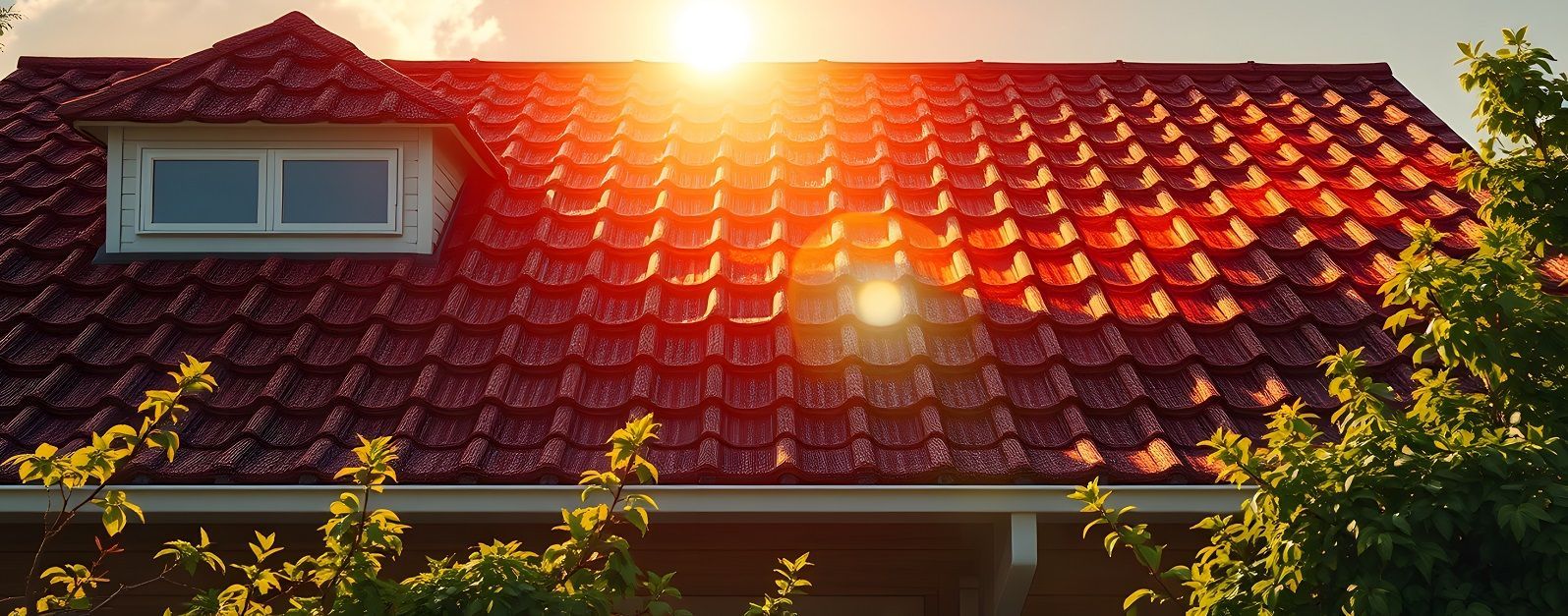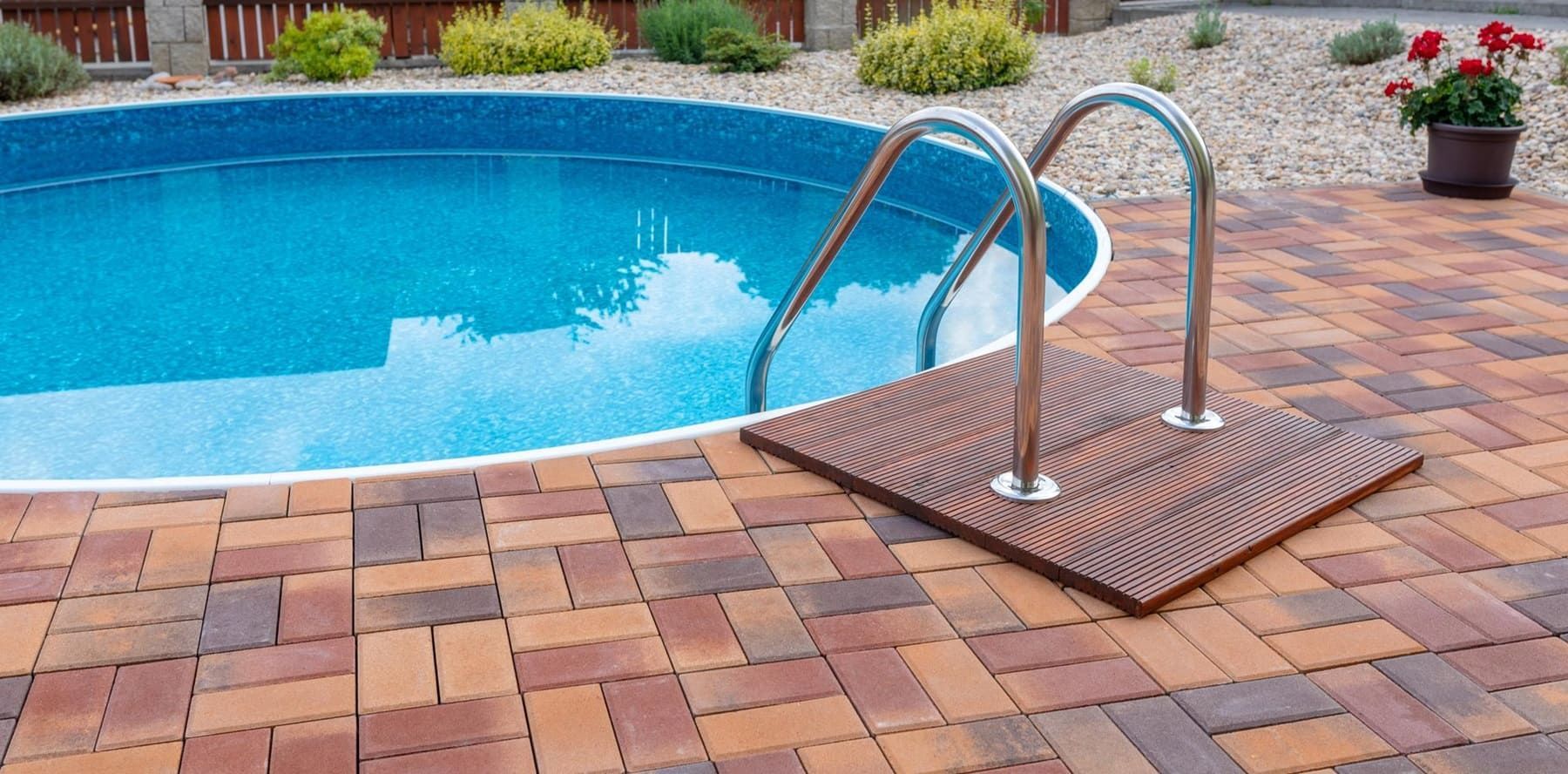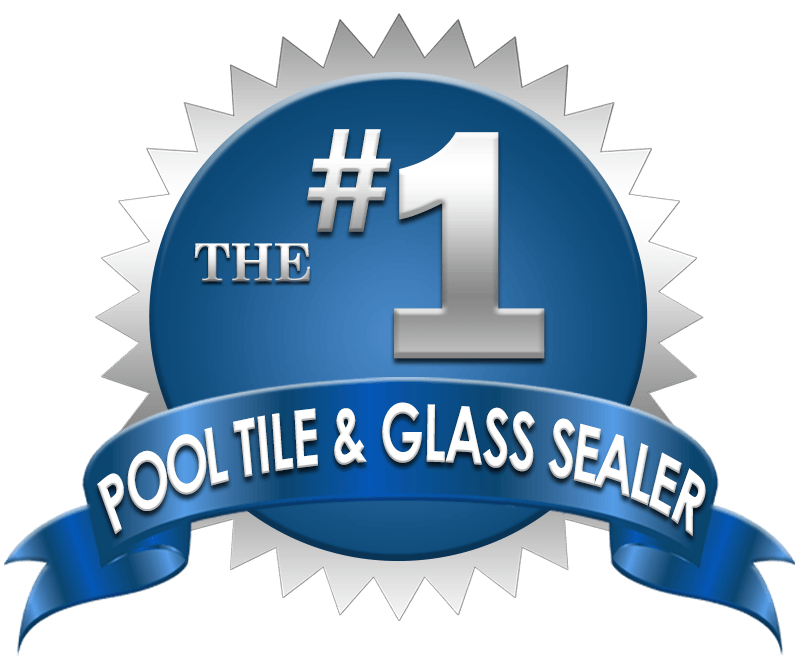The Best Types of Tiles For an Outdoor Patio or Pool Area
Looking to re-tile an outdoor entertainment area or around your swimming pool? Here are some of the best types of tiles to consider.
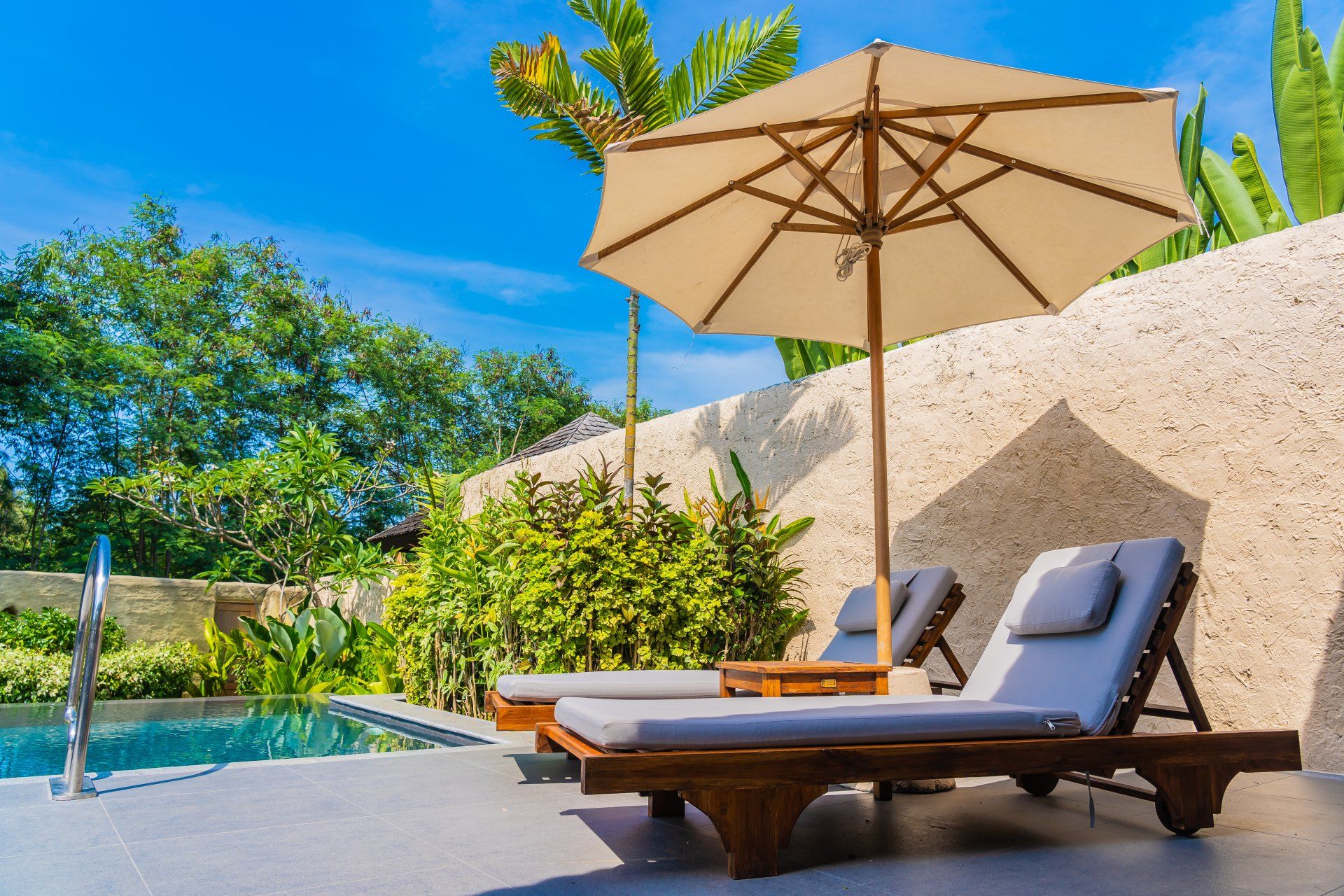
There are so many types of tiles these days that it can also feel frustrating to choose one, especially for outdoor use.
There are so many things to consider when choosing tile for your outdoor entertainment area. Whether you're looking for something durable and longlasting, or slip-resistant and temperature-controlled, we're here to help.
Read on for the best types of tiles you can use for your outdoor patio or pool area.
What Should You Look for in Tiles?
It doesn't necessarily matter which type of tile you consider for your outdoor area, so much as the durability of it. Every tile has its strengths and weaknesses, and it's up to you to choose what's ideal for you. Having something slippery or easily damaged isn't going to serve any greater purpose in the long run.
Thankfully, there are a few things that let you know just how much the outdoor tile you're considering can withstand.
PEI Rating
You should always consider the PEI rating of any outdoor tile you're considering. The PEI rating is a measurement of the tile's resistance to things like foot traffic and weather patterns.
Tiles with a high PEI rating of 3 or above are best for outdoor use or areas that receive high foot traffic.
Weather-Proof
Just because a tile has a high PEI rating doesn't necessarily mean it's weather-proof.
Weather-proof tiles are designed to not only withstand heavy foot traffic but also rain, snow, and ice. They're meant to deflect heavy weather damage.
Do They Need a Sealer?
Some types of floor tiles, especially outdoor ones, need to be sealed. If they're porous, there is more chance for them to absorb and retain water over time, which could shorten their lifespan.
Our wet look tile sealer is also great for outdoor use. It keeps dirt and mildew away from natural stone, rock water features, bricks, and aggregate. Give your stone a darker color depth while protecting from UV rays with Layorcare's wet look sealer.
Types of Tiles
We've covered the characteristics of good outdoor tile. Now it's time to decide which outdoor tile would be best for your space.
1. Ceramic
Ceramic tile may not be as strong as other tiles we're going to talk about, but it is PEI sufficient. It's best used on light use patios.
They come in glazed or unglazed finishes. A glazed finish will become glossy, making it more slippery when wet.
Unglazed finishes are already more slip-resistant. This also means they're more porous and are going to need sealing. Using a non-slip sealer is best if you're concerned with falls.
2. Porcelain Tiles
Porcelain tiles can be a bit more pricey when compared to ceramic tiles, but the options are similar.
The best choice for outdoor use is matte, textured tiles that leave you without a glossy surface.
It is best to make sure the porcelain tile you choose is rated for floor use. Different PEI ratings are better for different patios, depending on how much foot traffic they see.
3. Travertine
Travertine is a natural stone that is similar to limestone. Travertine from Turkey or Italy is usually more water-resistant than travertine from Mexico or China, but all are considered great for outdoor use.
Travertine is a porous stone and needs sealer so it doesn't degrade or stain over time. It can also lose traction easily, making slips and falls more likely when wet.
4. Limestone
Limestone is formed mostly of calcium carbonate, or the remains of marine fossils. It's available all over the world and insulates very well (meaning it's unlikely to get too hot or cold).
It comes in a variety of shapes, sizes, colors, and finishes. Flamed, brushed, or sandblasted limestone works best for outdoor use.
Limestone tile does need sealer once it's installed, otherwise, it will readily absorb liquids and any kind of acid.
5. Soapstone
Soapstone is a non-porous, non-absorbant, natural stone that is great for warm climates. It's water and heat-resistant and is ideally used around pools.
The stone is incredibly longlasting and is perfect for outdoor flooring, as well as an outdoor kitchen counter. Soapstone is easy to clean and maintain and does not need sealing once it's installed.
It is an investment, but the longevity of soapstone yields a good return if you ever choose to sell your house. Its easy maintenance also makes it worth the money.
6. Slate
Slate is a durable outdoor tile that adds value to any space it's installed in. Similar to soapstone, it's an investment, but its return makes it worth the extra money spent, not mention its longevity.
Sealing is recommended with slate outdoor tiles, and it comes in a variety of colors.
7. Decking Tiles
Decking tiles are great if you're wanting to experiment with a look without committing to it forever.
They're great for a budget and are easy to self-install. They never need to be filled and can be removed once they're done serving their purpose.
You can buy wood or stone deck tiles that come with all the benefits of normal tile installation without the permanence. They're great in helping you decide which type of tile to permanently install later down the road.
8. Sandstone
Sandstone is not nearly as durable as slate, but it comes with its benefits. Sandstone comes in a variety of hues, ranging from the whitest of white to ashy gray to black.
Sandstone is best suited for warm, dry climates, and best avoided by colder, wet climates that are subject to snow. It's a porous tile, formed from layers that compress over time. It needs to be sealed regularly to avoid cracks and water penetration.
Tiles Add Beauty to Any Outdoor Space
Whether you're redoing a deck that was already placed or building one from scratch, deciding between the many types of tiles is an exciting process that is sure to last for years to come.
No matter what your tile maintenance needs are, LayorCare Pool & Patio Protection can help. If you're interested in our products or want to do more research before deciding, contact us or check out our blog today.







